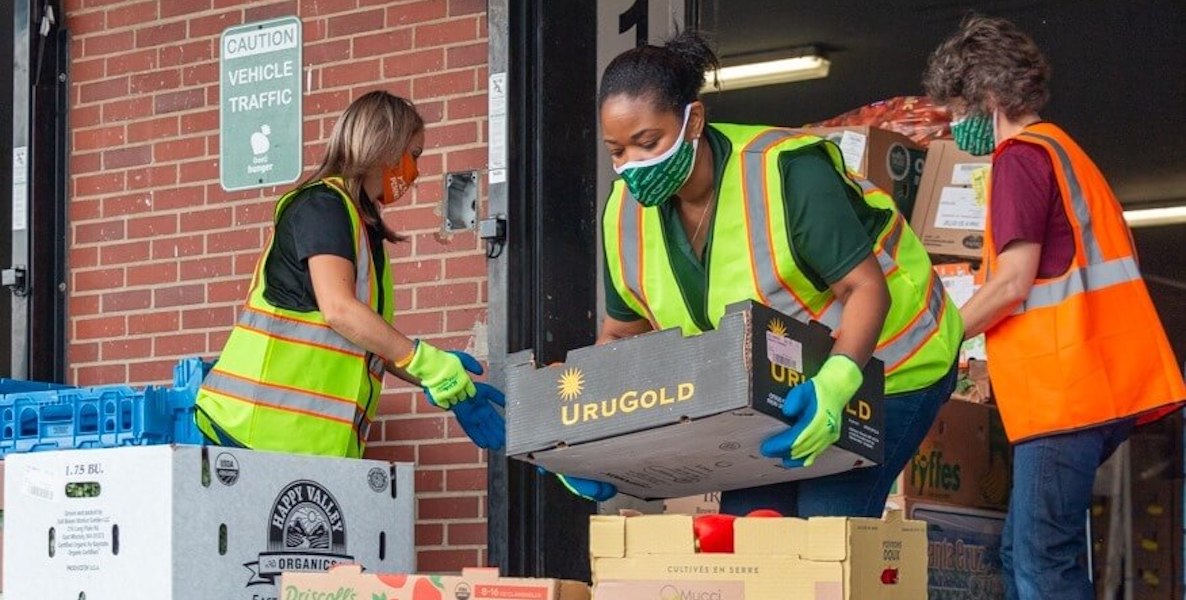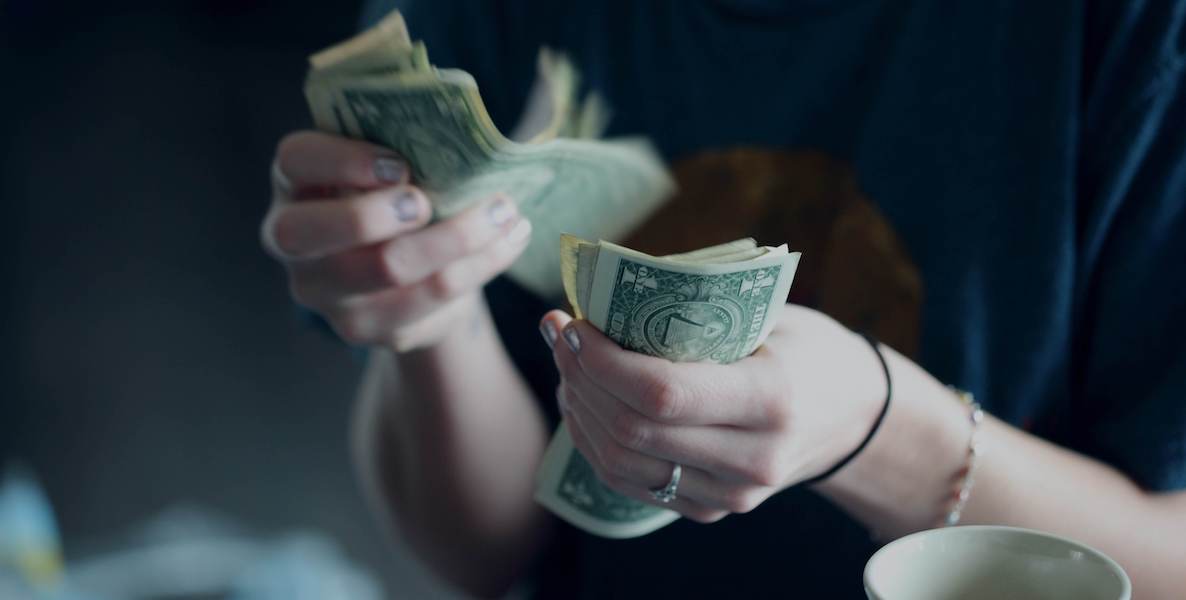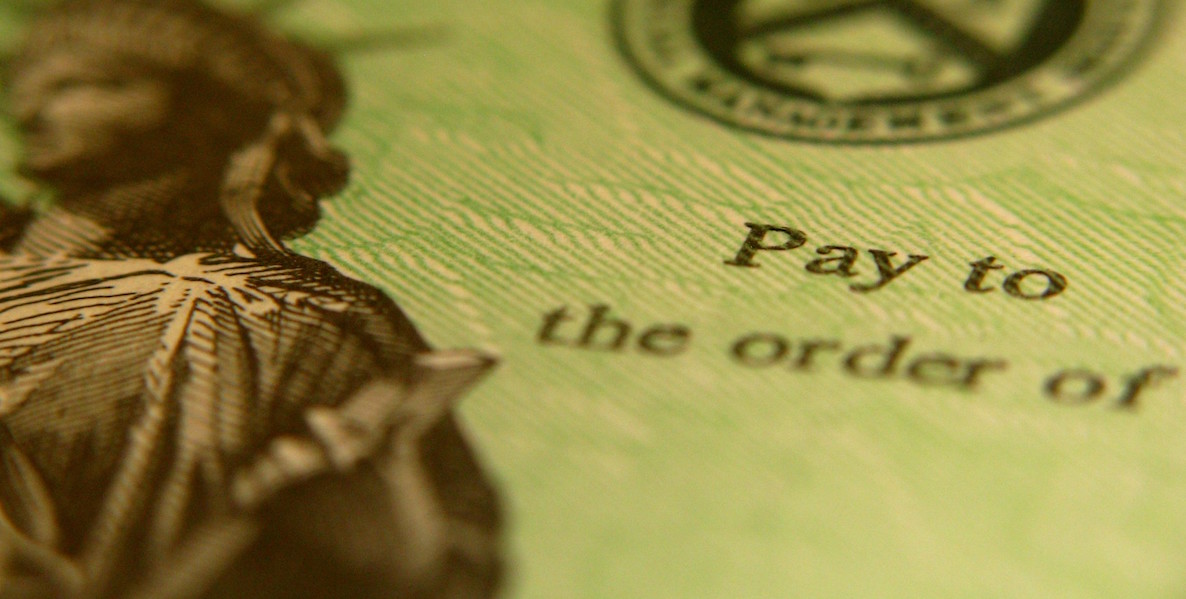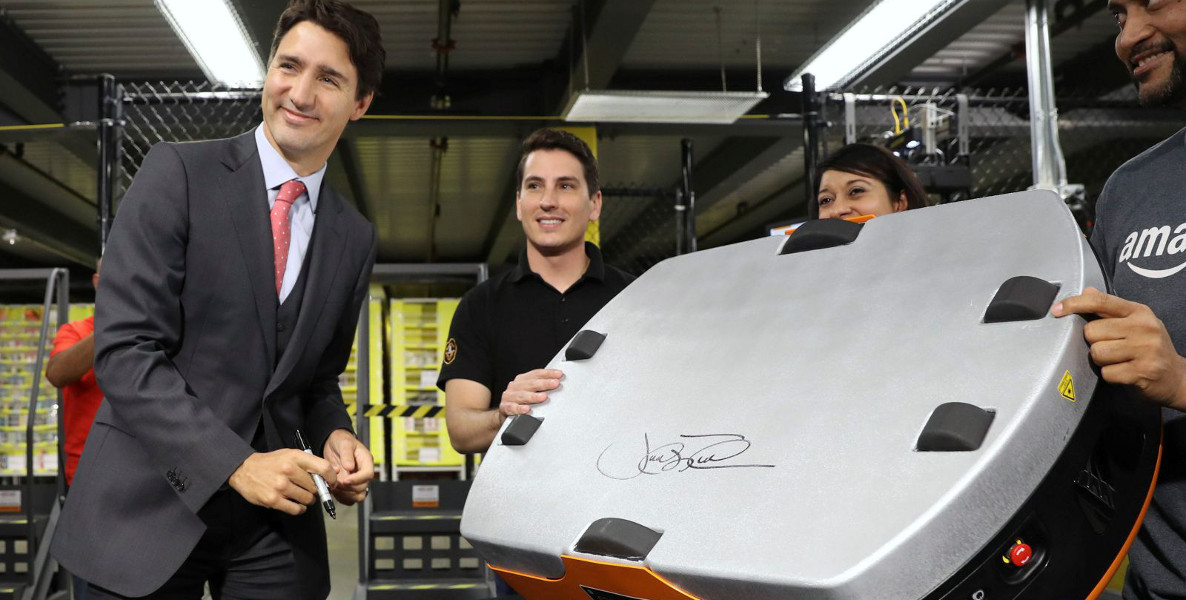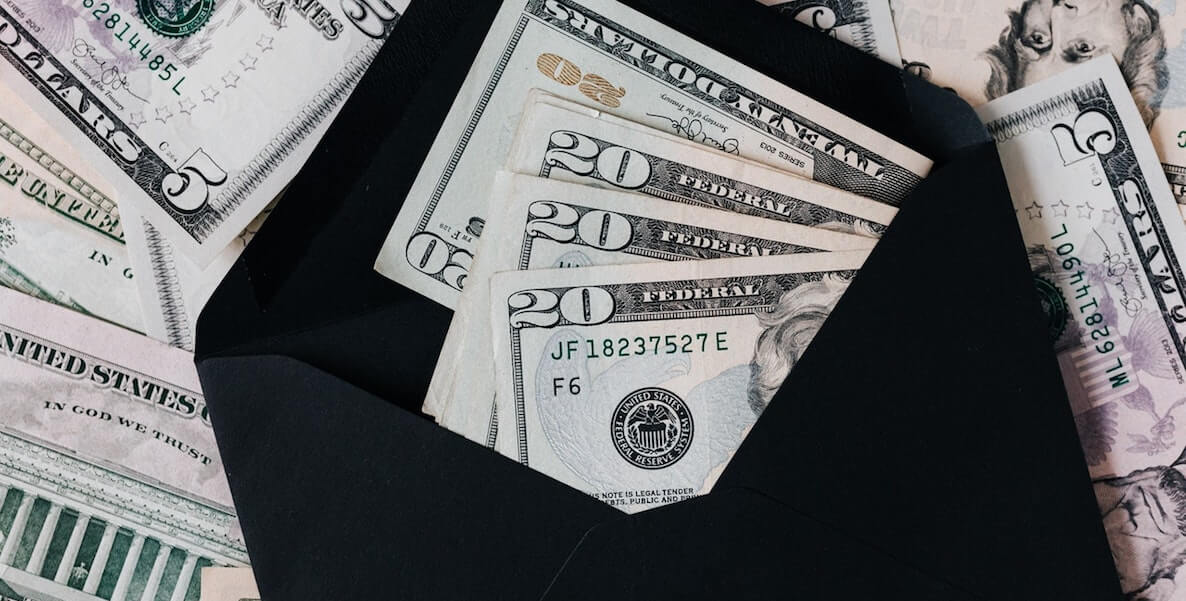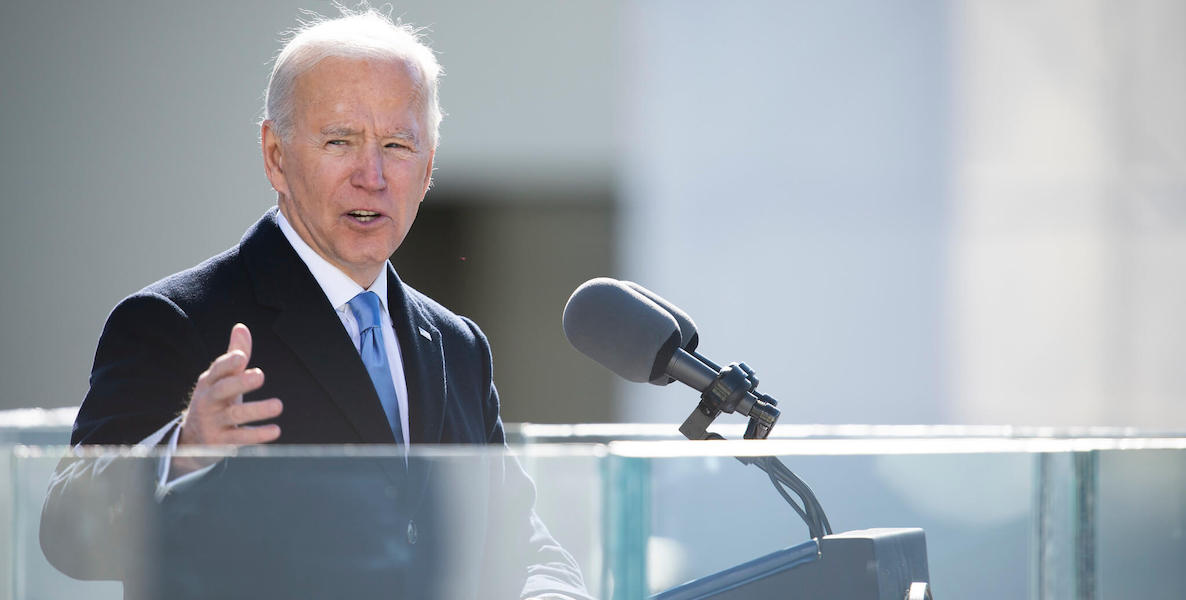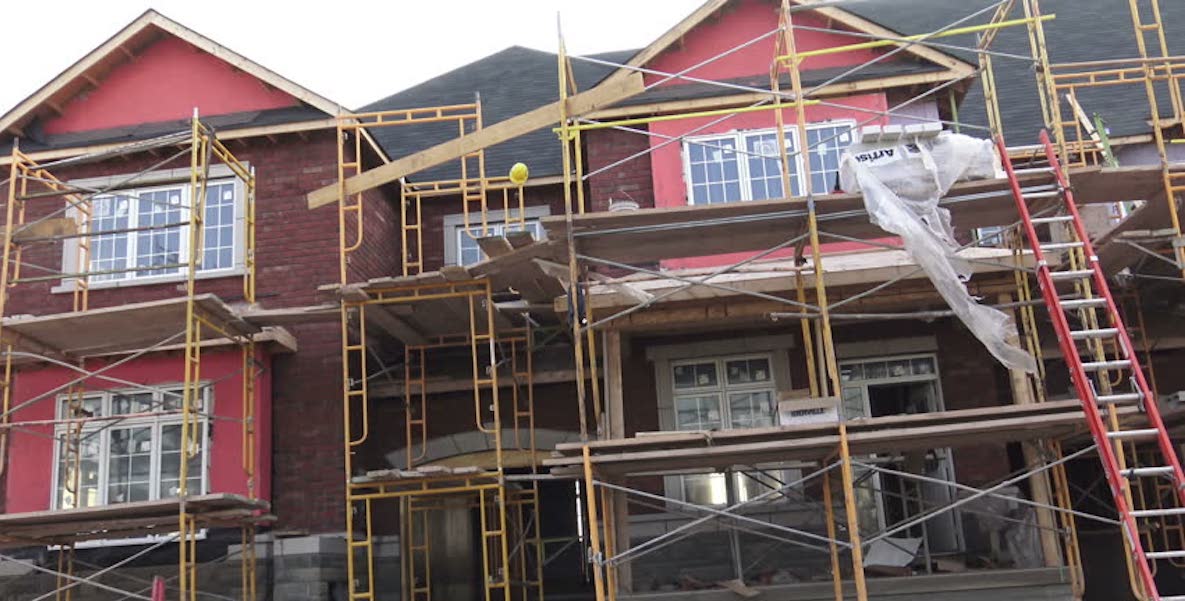![]() Last spring, after Congress passed the historic CARES Act, millions of Americans breathed a sigh of relief: With a $1,200 check from the federal government, they could (for now, at least) pay for rent, and medicine, and food to sustain them during the Covid quarantine.
Last spring, after Congress passed the historic CARES Act, millions of Americans breathed a sigh of relief: With a $1,200 check from the federal government, they could (for now, at least) pay for rent, and medicine, and food to sustain them during the Covid quarantine.
But for thousands of Philadelphians left out of the program — like undocumented immigrants or those who file taxes with them — there was no relief. As that realization set in, Maari Porter, Mayor Kenney’s deputy chief of staff for policy and strategic initiatives, worked to find an answer to the nagging question: What could we do for these vulnerable populations?
The answer was the City’s first experiment in unrestricted cash assistance, the $1.7 million Worker Relief Fund, which gave $800 last summer to 2,162 Philadelphians left out of federal and state pandemic relief programs, most of whom were women of color in low-income households, many with low-wage essential jobs like domestic workers, home health aides and food delivery people. The money came from donations from The Mayors Fund for Philadelphia, Open Society Foundations and William Penn Foundation, among others.
According to data from the distributed debit cards and follow up surveys with recipients, most of the money was spent for survival — groceries, rent, household items — the kinds of things that even in normal times can be a struggle for poor Philadelphians. (More than half the funds were taken in cash — untraceable, but anecdotally a reflection of cash-only businesses in the community, and of rent payments that can’t be put on cards.) Admittedly, $800 was not enough to last throughout the pandemic, or to lift families out of poverty. But it was, for many, a stop gap that kept them going until they could figure out next steps.
“It doesn’t solve the long-term systemic problem that caused the issue of why there are such different outcomes for Black and white children,” says John Friedman. “If it’s labor market discrimination, this is not going to help. If it’s disparate treatment of Black men in the criminal justice system, this is not going to help. And it can draw attention away from those problems.”
“The information from the community was incredible, and we proved to ourselves that this is a really important form of support,” says Porter. On the strength of the pilot, Kenney joined Mayors for a Guaranteed Income, a national research and advocacy group launched by Michael Tubbs, former mayor of Stockton, California, the first city to launch a Universal Guaranteed Income (UGI) experiment. The organization now includes around 40 mayors from around the country. (It has also launched a Center for Guaranteed Income Research with Penn’s School of Social Policy and Practice.)
![]() The Worker Relief Fund was the first of two cash assistance programs Philly launched in 2020, its first foray into the national push for UGI to help low-income Americans make ends meet. The other, funded through federal Covid-related housing relief money, is on track to distribute about $60 million to help Philadelphians in need cover the cost of rent, a way to keep them in their homes and still ensure landlords are being paid. Later this year, the city is planning to use foundation money to launch a three-year rent relief pilot program for 300 families, the results of which will be studied by Penn’s Amy Castro Baker, considered the national expert on cash assistance programs.
The Worker Relief Fund was the first of two cash assistance programs Philly launched in 2020, its first foray into the national push for UGI to help low-income Americans make ends meet. The other, funded through federal Covid-related housing relief money, is on track to distribute about $60 million to help Philadelphians in need cover the cost of rent, a way to keep them in their homes and still ensure landlords are being paid. Later this year, the city is planning to use foundation money to launch a three-year rent relief pilot program for 300 families, the results of which will be studied by Penn’s Amy Castro Baker, considered the national expert on cash assistance programs.
This is a bold policy response to the seemingly unmoveable 25 percent poverty rate in Philadelphia. But is it ultimately the answer we need? Or will it amount to merely strengthening the safety net in lieu of addressing the underlying conditions that lead to inequality? And, as a giveaway rather than a reward for work, is it sellable to an electorate that’s already frustrated by the bang it gets for its taxpayer dollars?
An old idea gaining momentum
UGI (or the broader Universal Basic Income) is an idea that famously goes back at least as far as 1967, to Martin Luther King Jr.’s final book, Where Do We Go From Here: Chaos or Community? In it, King called for the government to ensure every American had a reasonable income: “I am now convinced that the simplest approach will prove to be the most effective—the solution to poverty is to abolish it directly by a now widely discussed measure: the guaranteed income.”
 In the decades since, while economic disparity has skyrocketed, the idea of UGI had mostly disappeared from public view until 2019, when the Stockton Economic Empowerment Demonstration, funded in large part by Facebook Co-founder Chris Hughes’s nonprofit, the Economic Security Project, began giving 125 Stocktonians $500 a month. (You can hear Hughes talk about this at The Citizen’s 2018 Ideas We Should Steal Festival here.) Despite the common parlance, these programs are not actually “universal;” most are targeted to low-income families.
In the decades since, while economic disparity has skyrocketed, the idea of UGI had mostly disappeared from public view until 2019, when the Stockton Economic Empowerment Demonstration, funded in large part by Facebook Co-founder Chris Hughes’s nonprofit, the Economic Security Project, began giving 125 Stocktonians $500 a month. (You can hear Hughes talk about this at The Citizen’s 2018 Ideas We Should Steal Festival here.) Despite the common parlance, these programs are not actually “universal;” most are targeted to low-income families.
Now, it’s gaining momentum, both in public consciousness and in policy: Universal Basic Income was part of Andrew Yang’s presidential platform, and is now part of his campaign for New York City mayor; at least 12 cities have or plan to launch cash assistance pilots this year; Twitter’s Jack Dorsey has donated $15 million to Mayors for Universal Income; and even members of Congress (including then-Senator Kamala Harris) have proposed making it a national program.
In Philadelphia even before the pandemic, Porter and others in the Mayor’s office had started to consider how a cash assistance program could target what is often the biggest obstacle for people living in poverty here, and across the country: Housing. Gregory Heller, who runs the Redevelopment Authority and is also a senior vice president of the Philadelphia Housing Development Corporation (PHDC), notes that over 50 percent of renter households in Philadelphia have difficulty affording rent; the Philadelphia Housing Authority wait list for subsidized housing is 10 years long; and every year, we lose twice as many low-cost units as we gain, as tax credits expire and owners convert apartments to market rate housing prices.
To address this problem, Mayor Kenney had allotted $50 million for a five year rent relief program starting in 2020 that would have included a combination of vouchers and unrestricted cash. That program was cut before it could even begin when Covid-19 hit, and Kenney stripped the city budget. The CARES Act, though, provided $60 million in housing assistance money, which has allowed Philly to launch a version of the program over the last several months.
As evidenced by the fact that the state had to redirect some $100 million in housing relief funds that it failed to give out by the deadline last year, distributing that money has been a logistical headache, for a couple reasons: There was no existing system set up already to give out money like this; and, the federal money, initially intended to go directly to landlords, came with so many rules that a large percentage of landlords refused to participate.
Philly, though, ramped up quickly and has navigated the system better than most: The city gave out 43 percent of all the funds allocated to Pennsylvania, Heller says.
Could it be possible to do this—and also work to fix the larger systemic problems that are the root cause of generational poverty in Philadelphia?
In part, that’s because after the state program ended late in the year, PHDC adopted a rent assistance plan that, like a UGI, gave unrestricted cash to qualified recipients. “The biggest issue we had was there was an eviction moratorium that would have expired at the end of December, and tenants were at risk of being evicted,” Heller says. (That moratorium has since been extended to March.) “Our biggest concern was getting money out to people.”
PHDC has now given out more than 12,400 payments either up to $2,500 for three months or up to $9,000 for six months depending on the phase, for a total of $49 million, with about $10 million still to distribute. (The city has commissioned another Penn researcher, City and Regional Planning Assistant Professor Vincent Reina, an expert in housing vouchers, to report on the effects of the assistance along with Baker.) The program Heller helped set up will form the basis for the three-year housing assistance pilot program the city plans to launch in 2021.
“This touches on a bigger problem in America,” Heller says. “Before the coronavirus, we had a huge need for rental assistance, but just didn’t provide it. If there’s not federal money to support this, then there’s no sense in states and cities building the infrastructure. We were able to build and sustain the infrastructure to give out this money quickly, but a lot of counties weren’t.”
Philly’s rental assistance pilot will give 300 families enough cash to cover the difference between 30 percent of their household income — which is the recommended limit for housing expenses — and the cost of rent. (That number will be different for each family, and may change over the course of the three years.) The city is actively raising money now from philanthropy, in the hopes of launching over the summer.
The aim of the three-year pilot, of course, will be to determine if a cash boost can help keep people in their homes. But the ability to afford rent goes beyond just the issue of housing; an eviction or frequent moving can affect job stability, attendance in school, educational outcomes. The decision to pay an unaffordable rent can mean sacrificing physical health by skipping doctor’s visits, and dealing with the psychological stress of looming debt — which can also affect the ability to work, and therefore to pay rent.
There is a lot of evidence from small- to medium-sized experiments — much from Penn’s Baker — that cash payments with no restrictions help Americans cover the immediate costs of living that can be just beyond reach, particularly those who fall into the 43 percent who (pre-Covid) experience economic volatility, with incomes fluctuating 25 percent over the course of a year. In Stockton, Baker’s research found that overwhelmingly the $500 stipend went to pay for basics, even before the pandemic; in the couple of months after it started, 46.5 percent of the tracked spending alone went to food.
![]() “A large body of data shows that, contrary to popular belief, those surrounding the poverty line are savviest at stretching household finances,” Baker wrote in The Appeal last May. “While families struggle with utilities one month and unexpected illness the next, traditional programs offer zero flexibility for meeting elastic needs … The elasticity of cash created financial bandwidth traditional means-tested programs cannot.”
“A large body of data shows that, contrary to popular belief, those surrounding the poverty line are savviest at stretching household finances,” Baker wrote in The Appeal last May. “While families struggle with utilities one month and unexpected illness the next, traditional programs offer zero flexibility for meeting elastic needs … The elasticity of cash created financial bandwidth traditional means-tested programs cannot.”
What the rental assistance doesn’t do, though, is solve the broader problem of housing costs in Philly: That it is not so much the rents that are high, but the wages that are low. According to the Bureau of Labor Statistics, in 15 of the 25 top occupations that employ workers in Philadelphia, the median incomes are too low for a single person to afford a one-bedroom apartment.
“That breaks my heart every time I see it,” Heller notes. “If you do the equation taking household income as a function of housing price, Philadelphia has some of the least affordable housing in the country.”
Solving our most pressing issue
But an even larger and more pertinent question for Philadelphia is whether a Basic Income would solve our most pressing issue: Generational poverty. Research from Harvard University’s Opportunity Insights has shown that it’s not just income that is a determinant of success for Americans. Black children and white children from the same neighborhoods, with the same family income, who attend the same schools in America still too often have radically different trajectories. An extra $500 a month will not necessarily change that fact.
“There’s no evidence that this will fix the problems of equality of opportunity,” says John Friedman, co-founder of Opportunity Insights. (Friedman talked about this at The Citizen’s 2020 Ideas We Should Steal Festival.) “It doesn’t solve the long-term systemic problem that caused the issue of why there are such different outcomes for Black and white children. If it’s labor market discrimination, this is not going to help. If it’s disparate treatment of Black men in the criminal justice system, this is not going to help. And it can draw attention away from those problems.”
There is a lot of evidence from small- to medium-sized experiments that cash payments with no restrictions help Americans cover the immediate costs of living that can be just beyond reach.
What it can do is divert money and political capital away from programs that do solve those problems, that train people for, and give them access to, opportunities for higher income — more equitable schools, policy changes that level the playing field, more capital for entrepreneurship for underserved residents, a pipeline to higher-paying jobs. A widespread UGI program in Philly would be extremely expensive, tens of millions of dollars a year even if it just went to those most pressed for housing costs. And the fate of Stockton’s Mayor Tubbs could be seen as a warning sign: Nearly two years after launching his pilot, Tubbs lost his bid for reelection in November.
![]() Those politicians and philanthropists who have jumped on the movement to launch cash assistance pilots across the country make the case that to really work, a UGI program would need to come from the federal government — a cost that the Wall Street Journal’s David Harrison estimates could run $1.2 trillion. Given the clear political difficulty in selling that idea, would it be better to spend the time, energy and money on true universal health care? Or universal child care? Or an infrastructure plan that puts people to work in sustainable jobs? Those are not new safety net solutions; they are long-sought solutions that offer opportunities for generational change.
Those politicians and philanthropists who have jumped on the movement to launch cash assistance pilots across the country make the case that to really work, a UGI program would need to come from the federal government — a cost that the Wall Street Journal’s David Harrison estimates could run $1.2 trillion. Given the clear political difficulty in selling that idea, would it be better to spend the time, energy and money on true universal health care? Or universal child care? Or an infrastructure plan that puts people to work in sustainable jobs? Those are not new safety net solutions; they are long-sought solutions that offer opportunities for generational change.
But maybe that’s an attention span problem, as much as anything else. In his push for a basic income, Martin Luther King, as this Atlantic article notes, pointed out that efforts to create better training programs, housing and the like were “indirect. Each seeks to solve poverty by first solving something else.” There are people who right now need a way to pay their rent, so their children can stay in school and they can keep the jobs they have, and all the other benefits that go with a stable home.
Could it be possible to help them do that — and also work to fix the larger systemic problems that are the root cause of generational poverty in Philadelphia? As Amy Castro Baker noted last May: “It took hundreds of years to generate inequality in America and remediating it requires multi-pronged policy approaches.”
RELATED VIDEO CONTENT
Correction: An earlier version of the story misstated the amount of money distributed to renters through the PHDC program. It was up to $2,500 for three months or up to $9,000 for six months depending on the phase.
Header photo: Karolina Grabowska / Pexels

